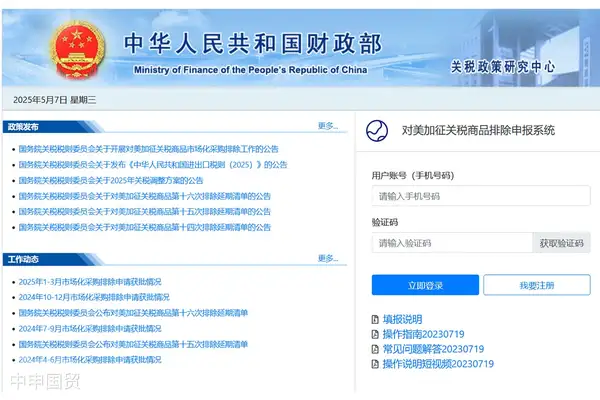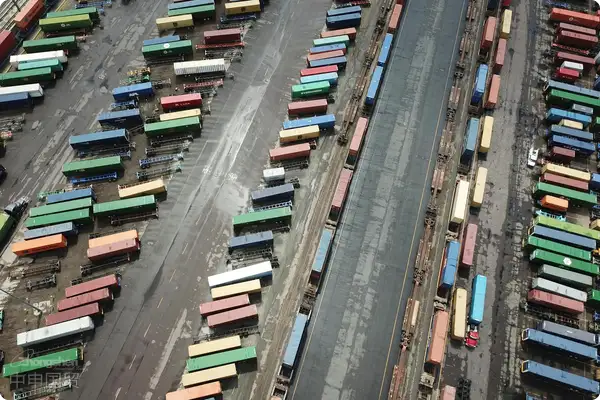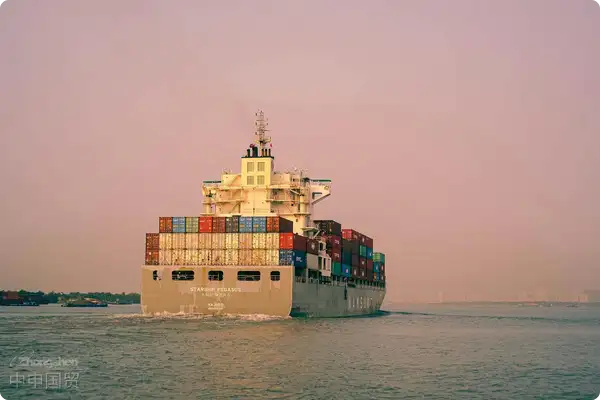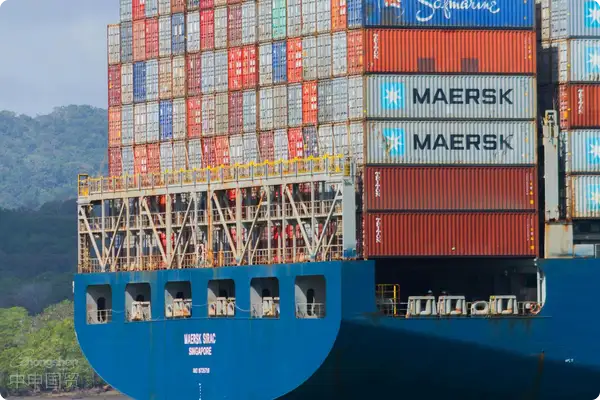- Shanghai Zhongshen International Trade Co., Ltd. - Two decades of trade agency expertise.
- Service Hotline: 139 1787 2118
As a crucial player in the global economy, the health of South Koreas export industries directly affects the nations economic stability. Recently, due to the Red Sea crisis, South Koreas export sector has faced unprecedented challenges, particularly with the sharp decline in auto and petrochemical exports, as well asMaritime Transportationpotential cost increases, casting a shadow over the Korean economy.
Auto Exports Suffer Severe Blow
Renault Korea Motors, a major auto exporter, revealed the crisiss impact through its latest data. Last month, its auto exports plummeted to just 226 units year-on-year, a drop exceeding 90%. The companys production base in Busan primarily serves European markets, but unstable Red Sea routes have severely disrupted exports, leaving thousands of vehicles stranded at the factory.
Not just Renault Korea, other Korean automakers with lower dependence on European markets are also forced to reroute via the Cape of Good Hope, significantly increasing transit times and costs.
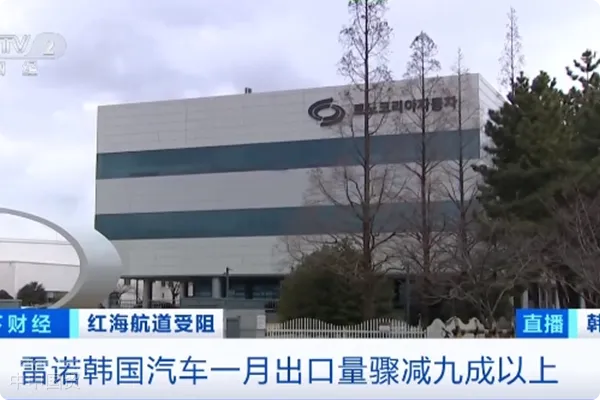
Petrochemical Industry Also Affected
The Red Sea crisis has also heavily impacted Koreas petrochemical industry. Volatile global oil prices and rising tanker freight rates have directly increased production costs. Meanwhile, soaring freight rates have raised overseas buyers costs, reducing demand for Korean petrochemical products. To maintain client relationships, some Korean energy giants have resorted to discounts or canceled transactions.
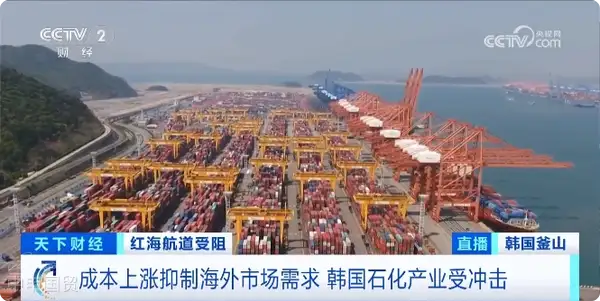
Ocean Freight Rate Hike Warning
As the Red Sea crisis continues,foreign tradeits impact on Korean transportation grows more severe. According to the Korea International Trade Association, over 70% of Koreanimport and exportcompanies face logistics challenges due to the crisis, with some forced to work overtime or consider expensive airAir Transportationfreight to meet delivery deadlines.
Logistics experts predict ocean freight rates may rise further after Lunar New Year. Additionally, with empty containers accumulating in Europe, leasing costs could surge, further increasing cost pressures on Korean exporters.
The Red Sea crisis has not only directly impacted Koreas auto and petrochemical industries but may also trigger significant ocean freight rate hikes, affecting broader export sectors. The Korean government and businesses face the test of addressing these complex challenges while seeking more stable logistics solutions and market strategies to mitigate external conflicts economic impact and maintain steady export growth.
Related Recommendations
? 2025. All Rights Reserved. Shanghai ICP No. 2023007705-2  PSB Record: Shanghai No.31011502009912
PSB Record: Shanghai No.31011502009912
